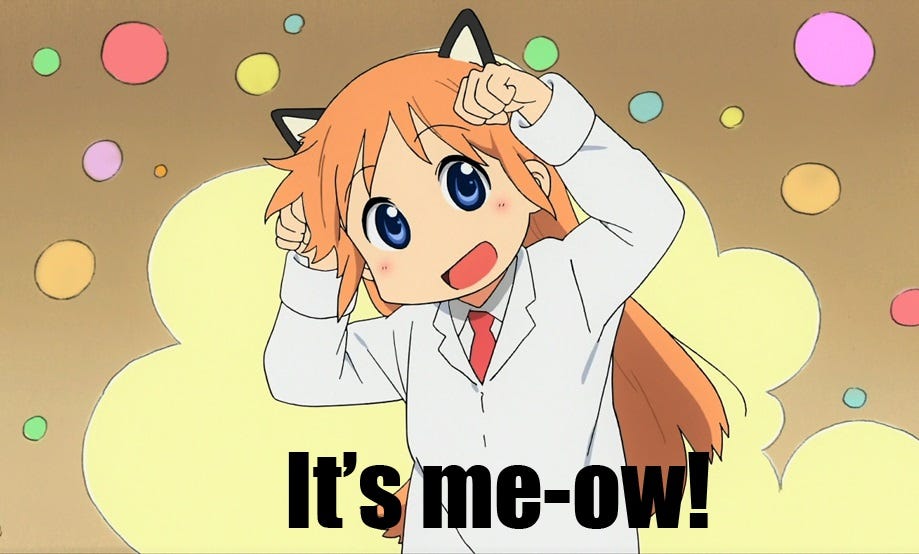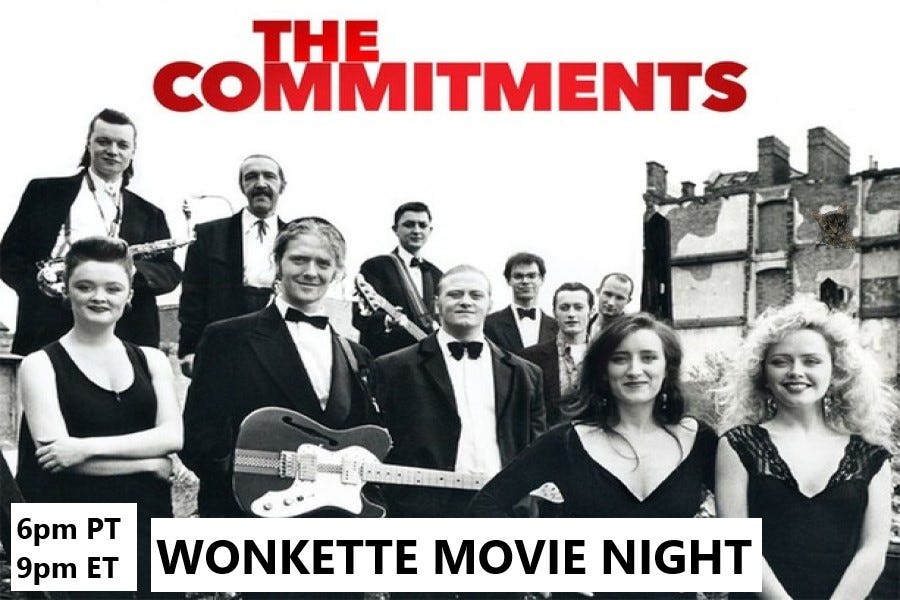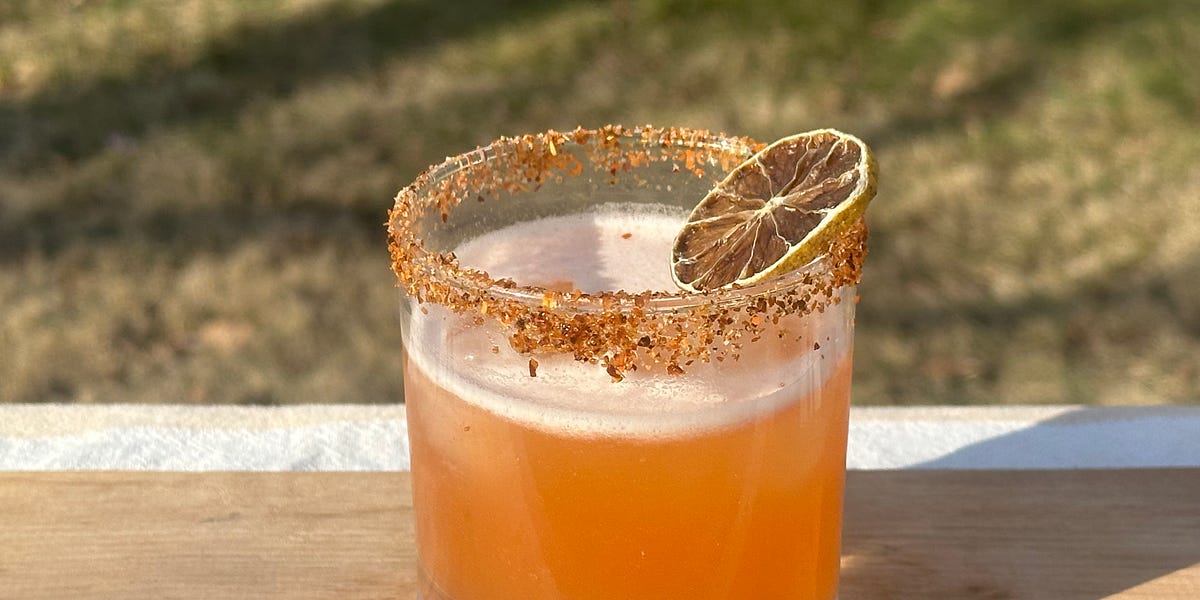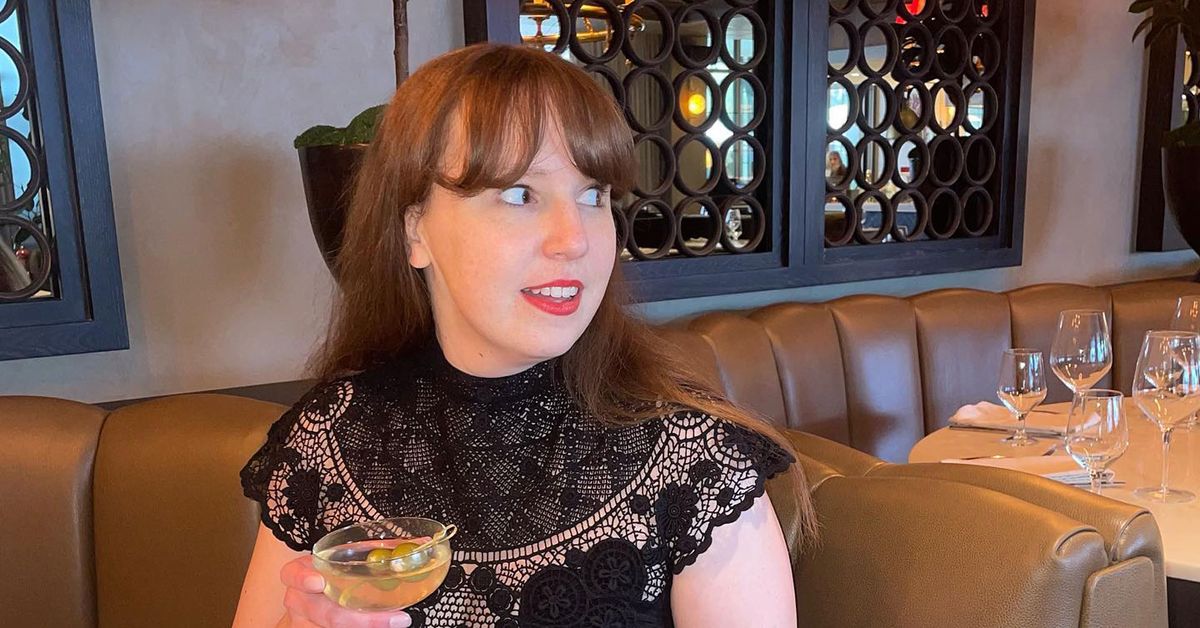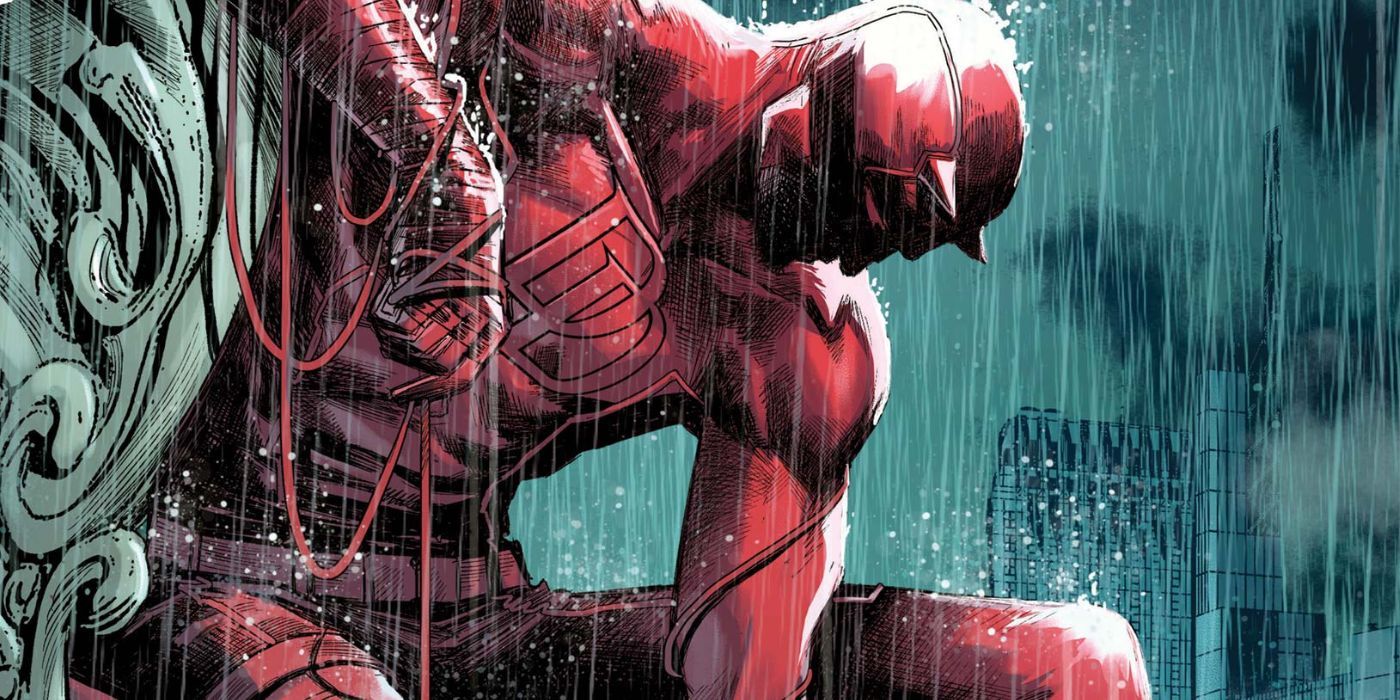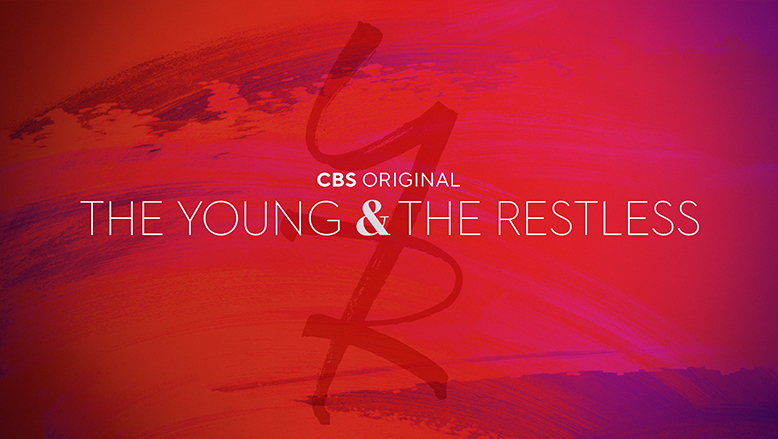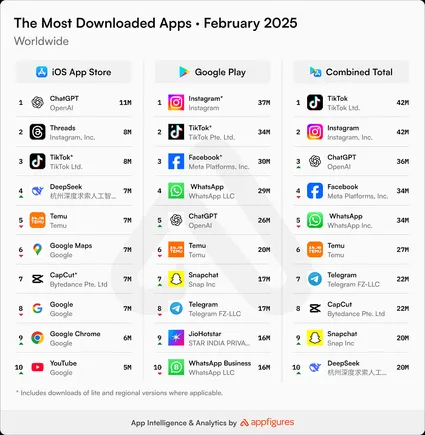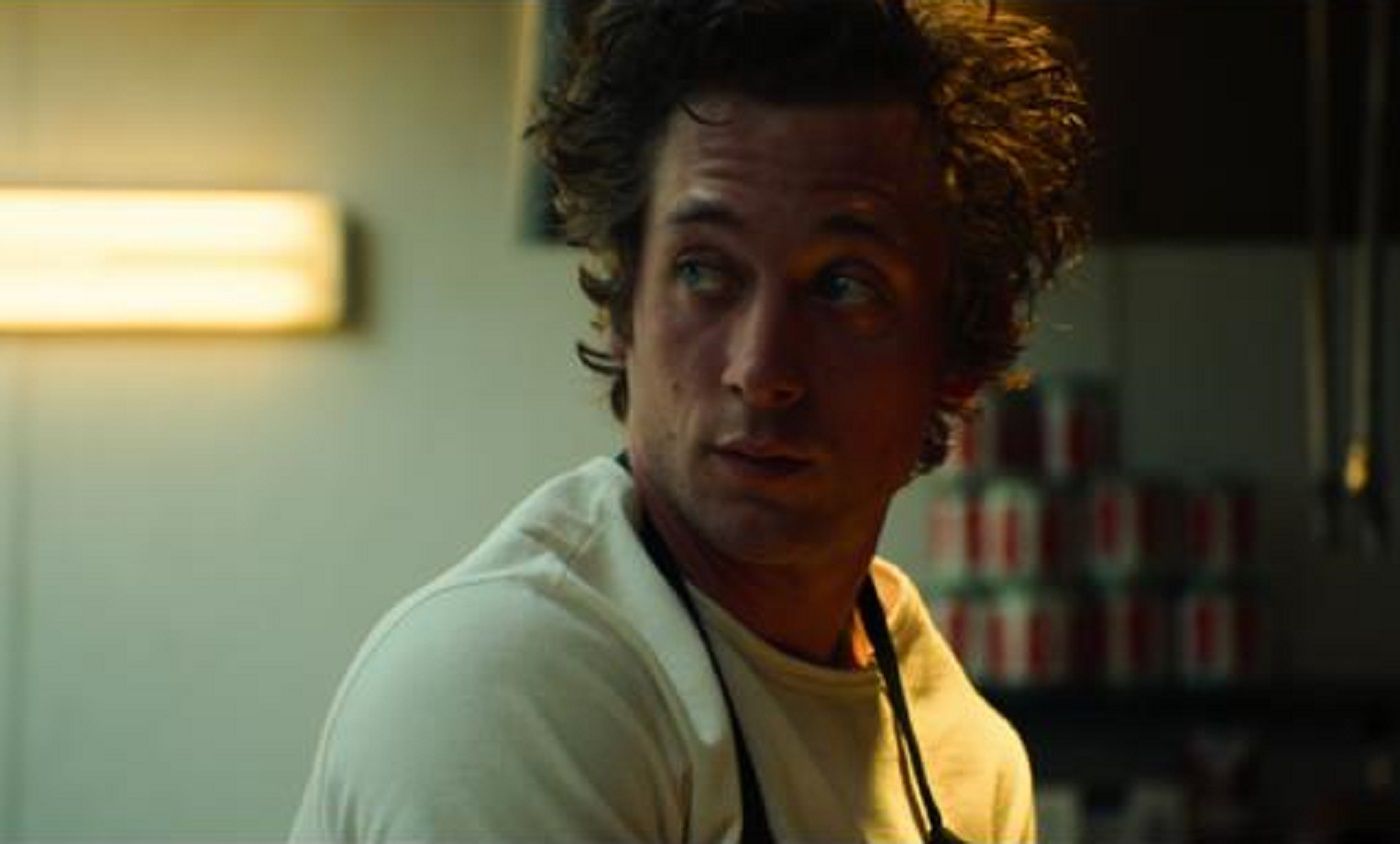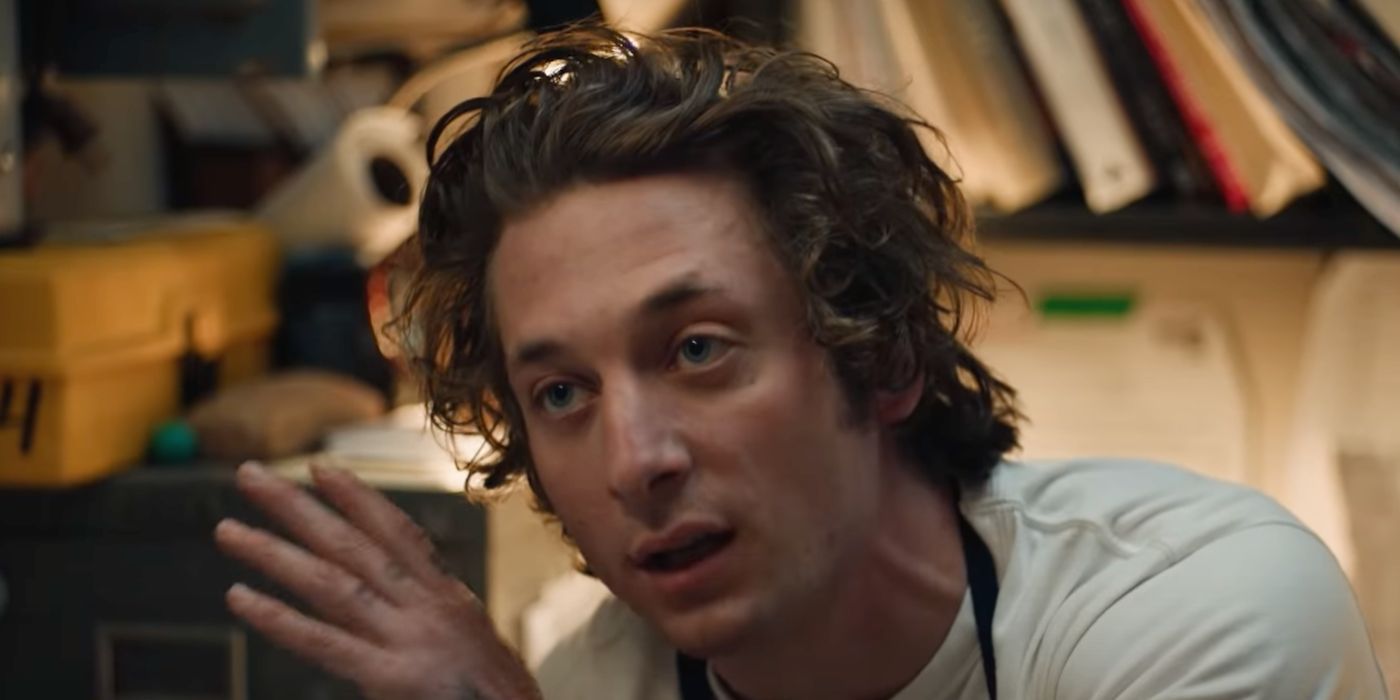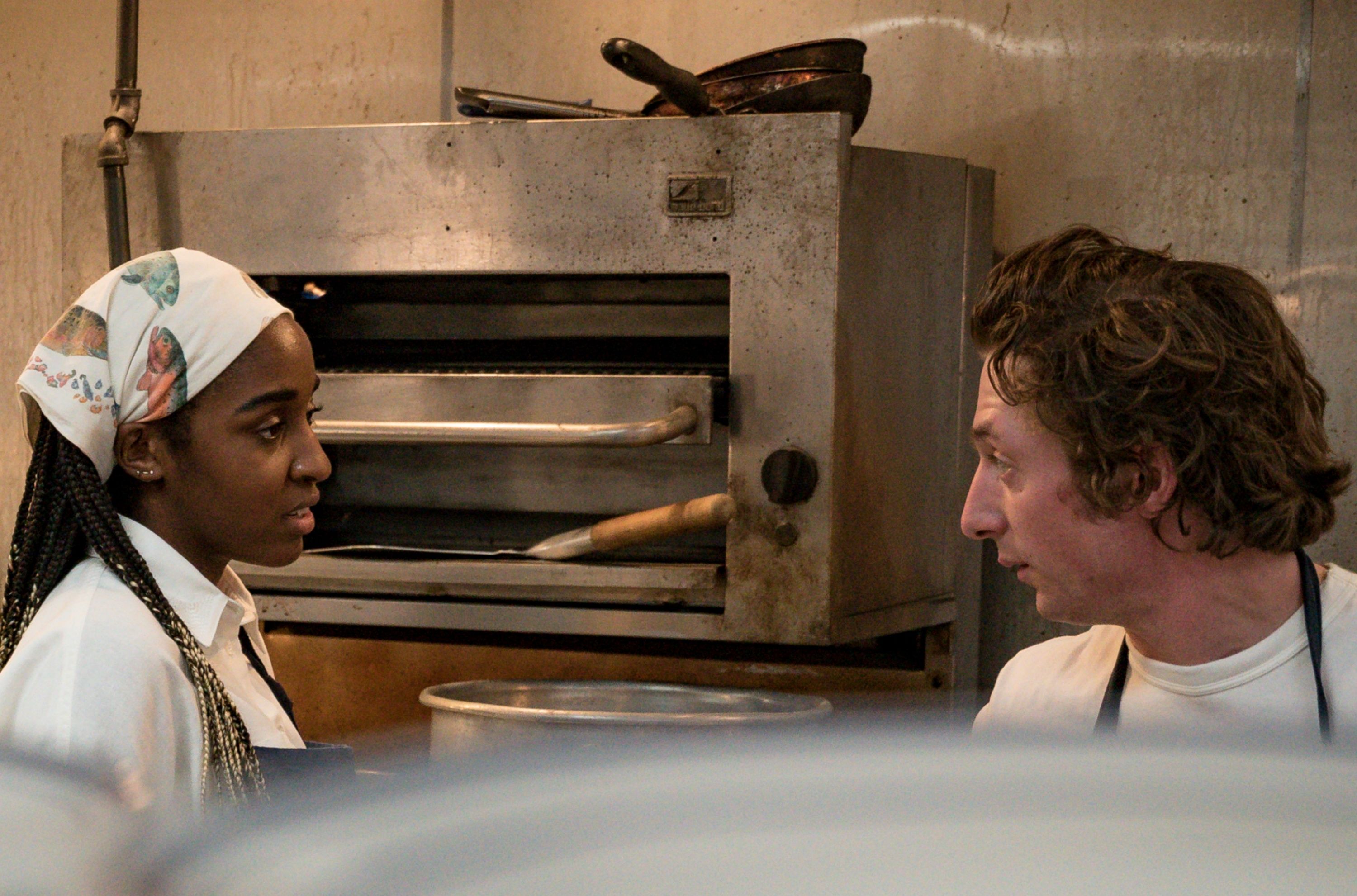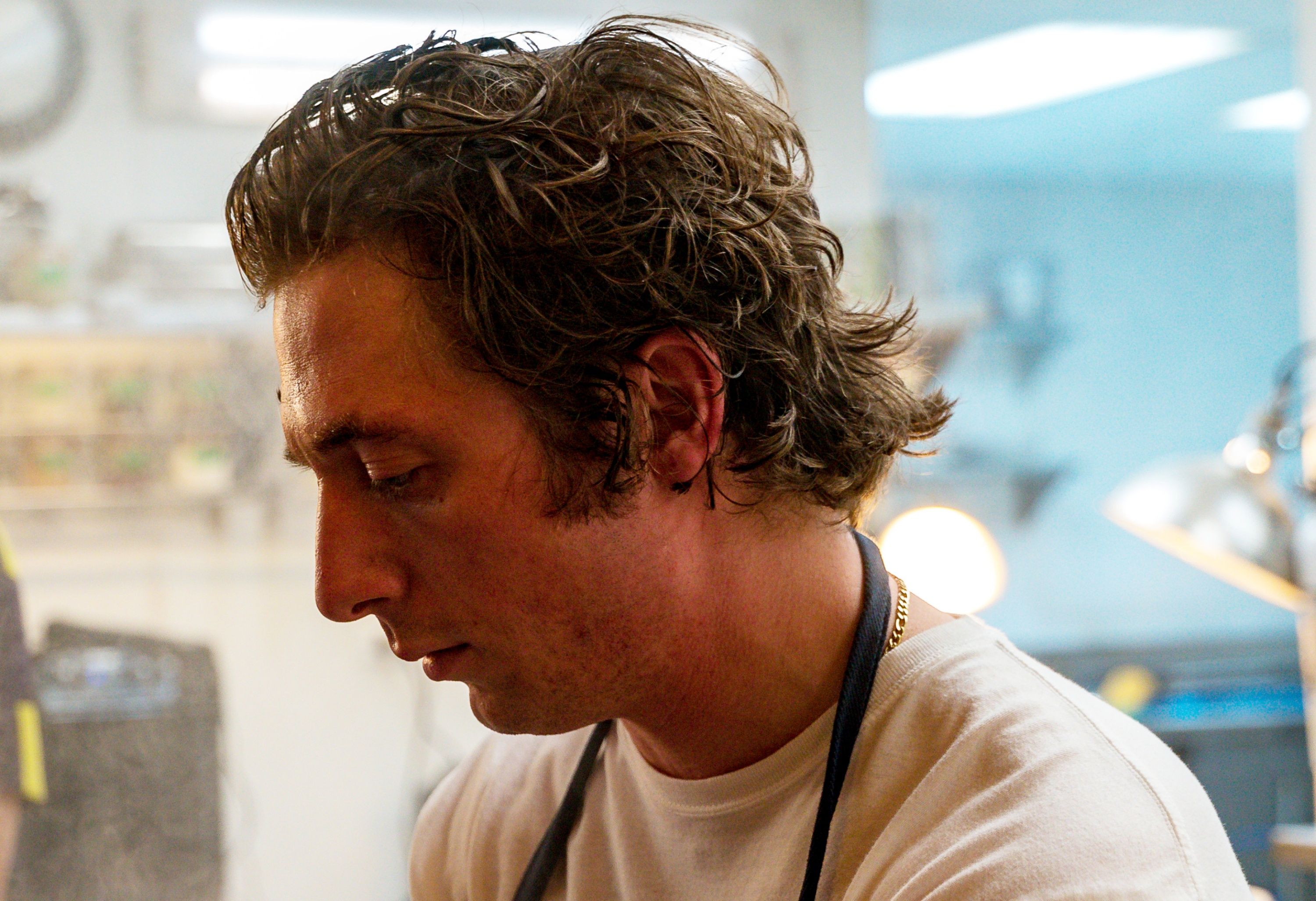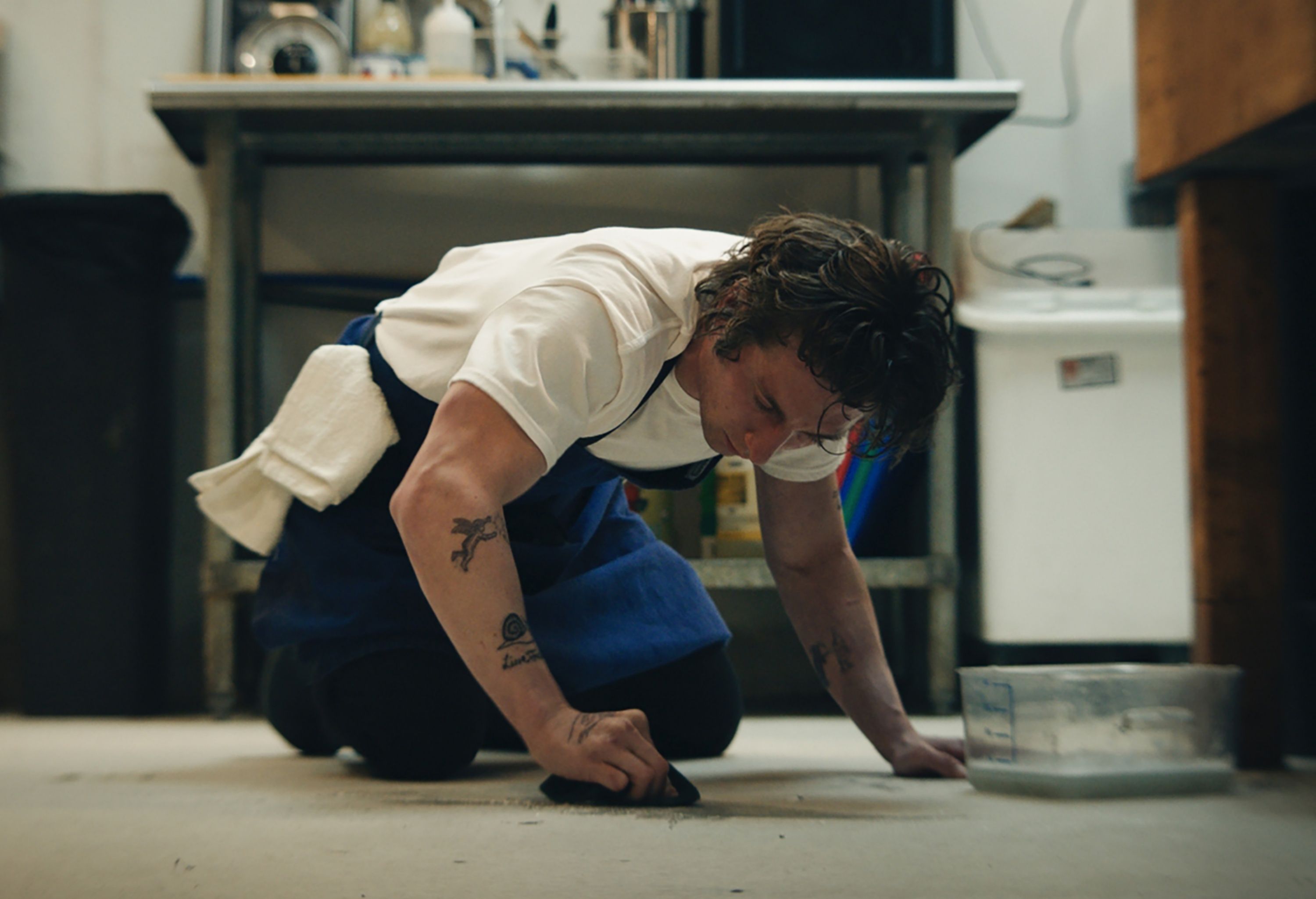A Sharpie is never just a Sharpie.
To the new Chef de Cuisine, Carmen “Carmy” Berzatto (Jeremy Allen White), at The Original Beef of Chicagoland on The Bear, a Sharpie is an organizer. A Sharpie is a reminder that, as he tells his staff of chefs, consistency is the only way to level up. In Episode 7, “The Review,” as dupes pour in because Sous Chef Sydney Adamu (Ayo Edebiri) forgets to turn off the pre-order option, Carmy lunges for a Sharpie to order the madness. However, it’s not where it’s supposed to be.
Picture the manic, disobedient, colorized tunnel David Bowman hurtles through in 2001: A Space Odyssey. This is how Carmy sees himself, the chefs, and their customers as they sink into the to-go oblivion, where 255 sandwiches, among other orders, are expected in eight minutes. His desperation for a Sharpie escalates with F-bombs.
Carmy loses it. He knows you curb chaos by organizing, and order this is not. Sydney’s core impatience means offering her new dish to a customer, who ends up being a food critic, so customers are asking about risotto. It’s messy, Carmy says, and can be fixed but, at the moment, is the cause of contextual chaos. Case in point: Sydney’s attention is divided, or she wouldn’t have made the to-go mistake.
So, the contextual chaos feeds the circumstantial chaos, and vice versa. In a fantastically delivered line, as Carmy screams about the colossal number of orders, his eyes squeezing in emoto-environmental pain, he yells out at Sydney in the same breath, telling her that he told her the dish wasn’t ready. It seems, suddenly, Carmy is a head chef who curses and screams at staff, but his wrath is neither accidental nor unexpected. His dogged work ethic, gentleness, respect for others (even, at times, deference), precision, and calmness defines him.
In other words, the motivation for his behavior is not an aberration to Carmy’s modus operandi, but the behavior itself is a mistake.
On the surface, Episode 7 can be summarily described as Carmy loses his shit, but what is actually happening is nearly all the chefs are. The episode is a breaking point for back of the house dreams, the staff envisioning heights for the restaurant, scaled by facing their reality: in a sloppily-run for years and years operation, they are now running upstream to become a station kitchen and elevate everything they are presenting to customers. The thing is, they are succeeding. The episode opens with Chef Ebraheim (Edwin Lee Gibson) reading a review by the critic who tastes Sydney’s sneak dish. He gives the restaurant five stars and calls its sandwiches elevated.
Is this a pressure cooker of expectation for the chefs? It could be. Sydney walks out after Carmy screams at her. She’s at her tipping point between antagonisms with Cousin Richie (Ebon Moss-Bachrach) and, oh, by the way, accidentally stabbing him in his rear area. But, really, for Sydney, it is her seeing and feeling the fury of Carmy nakedly, which shocks her into a kind of postmortem state.
The same soul crush happens with warm Chef Marcus (Lionel Boyce), who used to be only in charge of rolls and, inspired by Carmy, is now making multi-layer chocolate cakes that look freaking delicious and perfecting donuts. Carmy supports him, which is another tick on his “really great boss” profile. But on this day (Episode 7), Carmy decimates Marcus’ jelly donut. So, Marcus walks out, too, tossing a tray of donuts onto one of the customer tables, as he unties his apron. In the background, Carmy screams, “Where the fuck is Marcus?”
The hurt on Marcus’ face is the hurt of someone who has not only been incredibly disrespected, but the hurt of someone who has known that specific person to believe in them. “Who are they to me now?” and, moreover, the heartbreaking thought, “Who am I (maybe) without their belief in me?”
Chef Tina (Liza Colón-Zayas), who has worked at the restaurant forever, and loved Mikey, Carmy’s brother (played in flashback by Jon Bernthal), who killed himself and left the restaurant to Carmy, like a son, checks on Sydney, seeing how shaken she is after her interactions with Richie and Carmy. Tina has come to admire the heck out of Sydney, even though she previously doubted her as the “new, young girl.” So, people change, or, perhaps, let others grow on them, once they put ego aside. Ego, of course, is where Sydney is slipping up. Even Richie knows it, revealing a sliver of self-introspection that he never does, while spitting a truth bomb, saying, it isn’t “his bullshit” that messed them up today, but Sydney’s.
After Marcus leaves, after Sydney leaves, as the kitchen continues to hemorrhage, and the customers don’t stop — the episode was shot in a single take, so feel it — the smile overtaking Carmy’s face when he bends to taste a piece of Marcus’ crushed donut on the floor is beautiful. It is real. As a chef, Carmy will always melt at life’s salivatory pleasure, because this is how his soul flows.
The moment works, as a way of showing an experience of life that is digestible and relatable, because, just as it is Carmy’s philosophy that is leading the restaurant’s evolution, the show itself is a mind frame more than it is an entertainment piece. The character tension that boils over in “The Review” is, for sure, between the chefs in this extraordinary kitchen, but it also is about the self feeling self, in natural states of aggravation, healing, and absorbing pleasure because damn, sometimes a thing is so good it stops you in your mind tracks.
A close-up on “The Rules” and “Notes” pinned to the wall in the back of the house is the last shot of the episode, followed by the show’s title flashing, and credits rolling to beeps, as dupes pour in. Yes, to rules, and yes, to notes, because efficacy is the point, right? Or, is the point that efficacy only achieves when systems are combined with heart?








